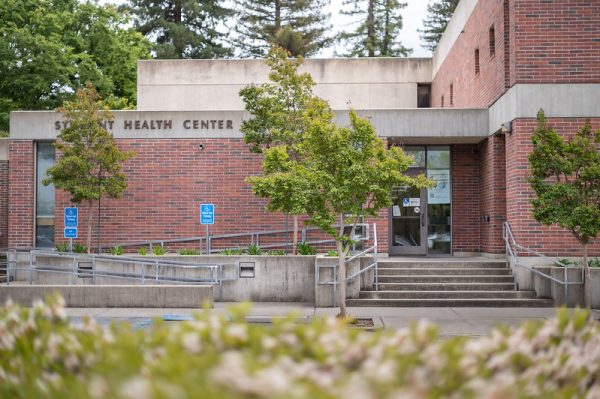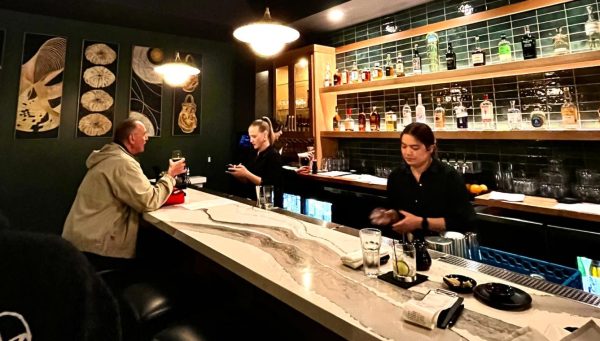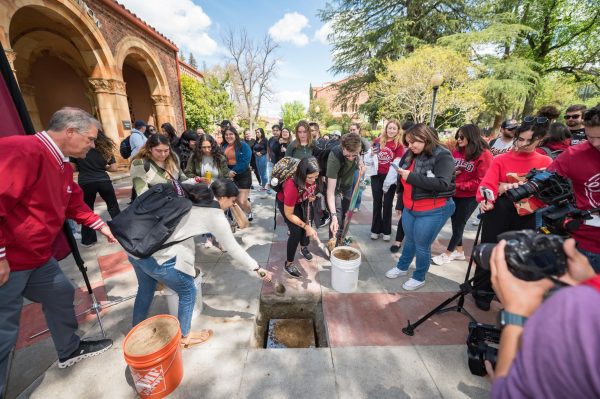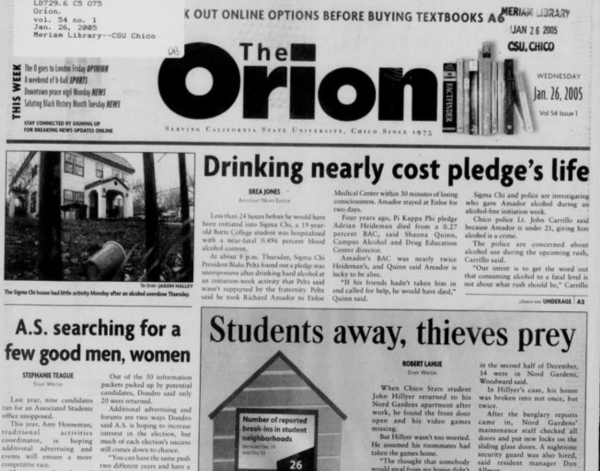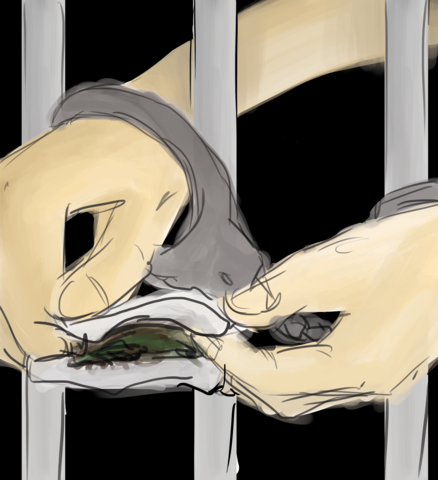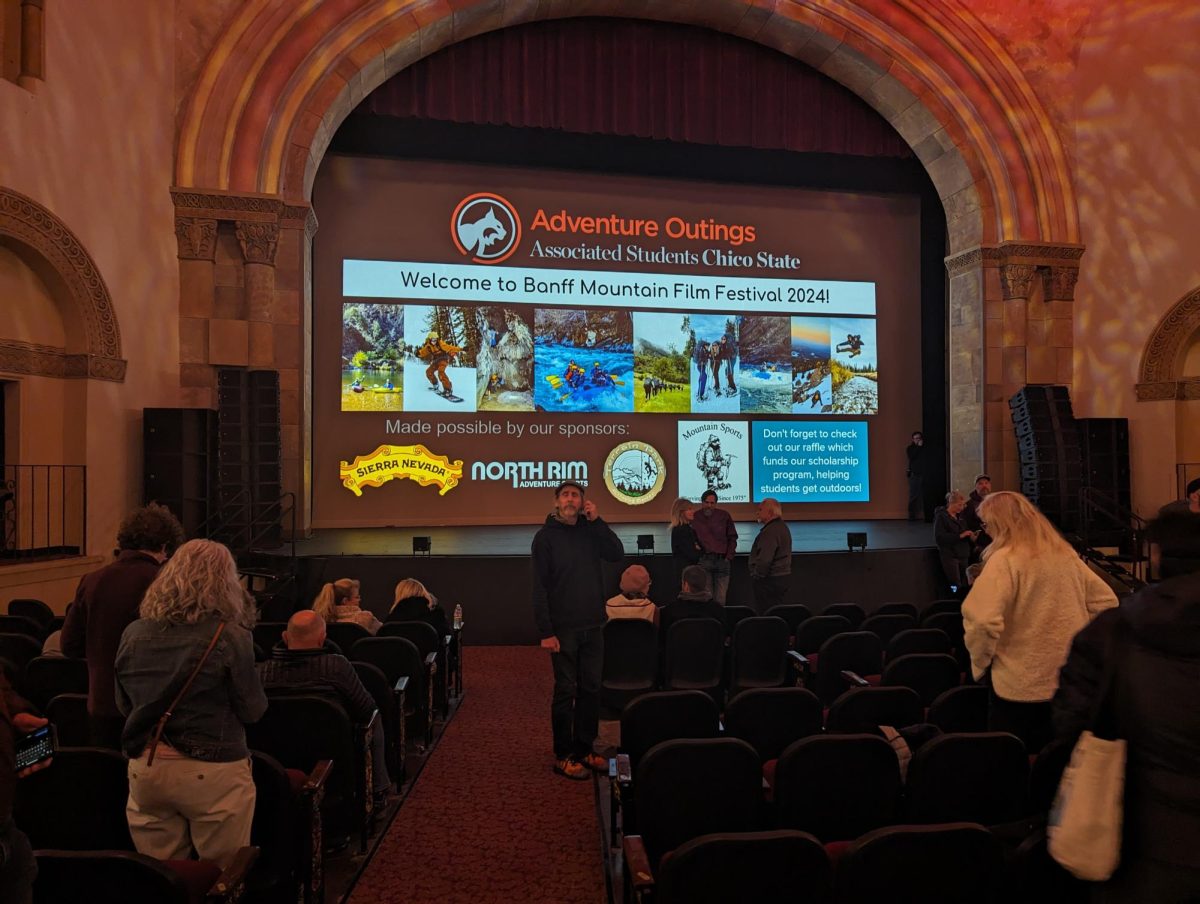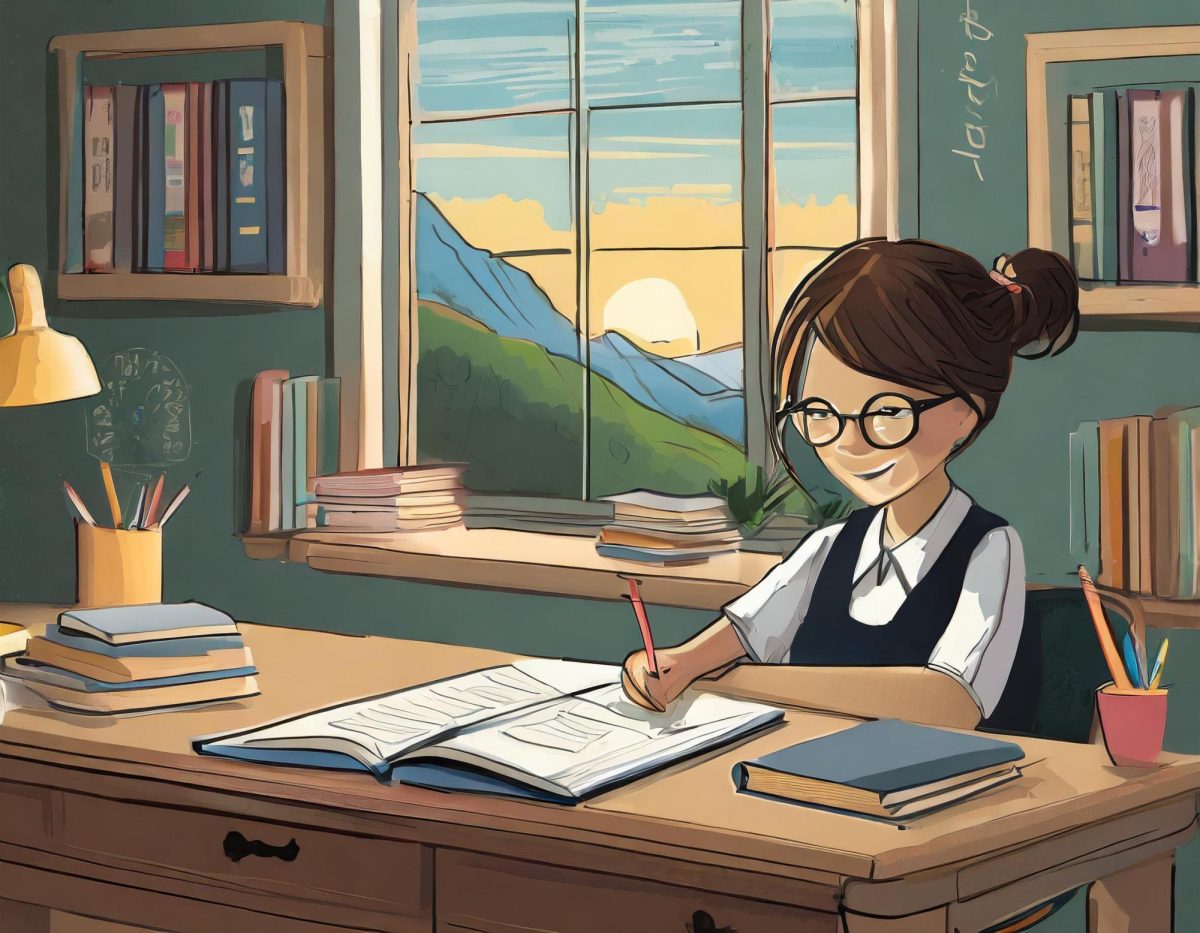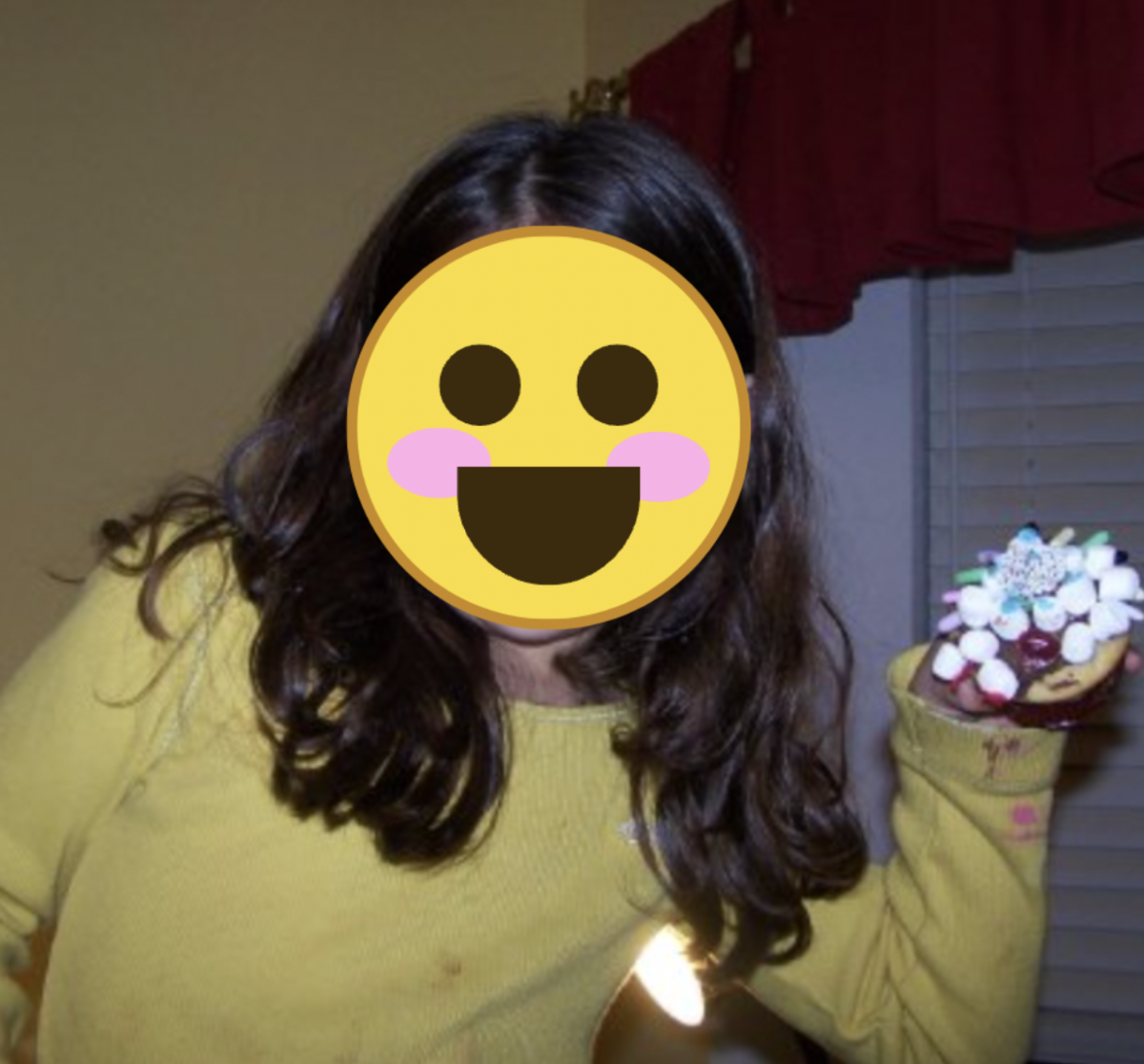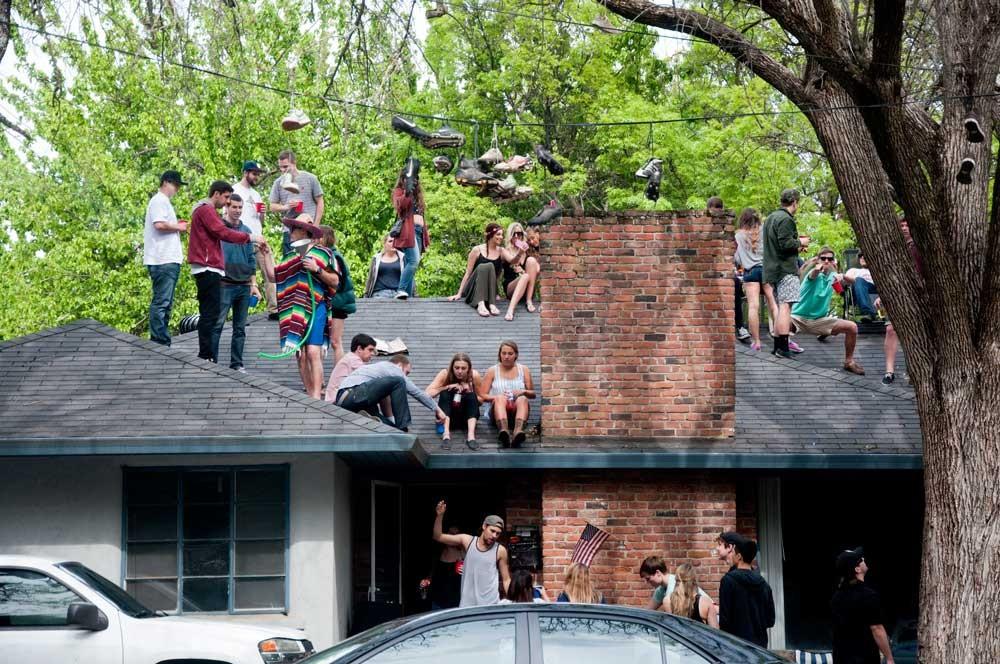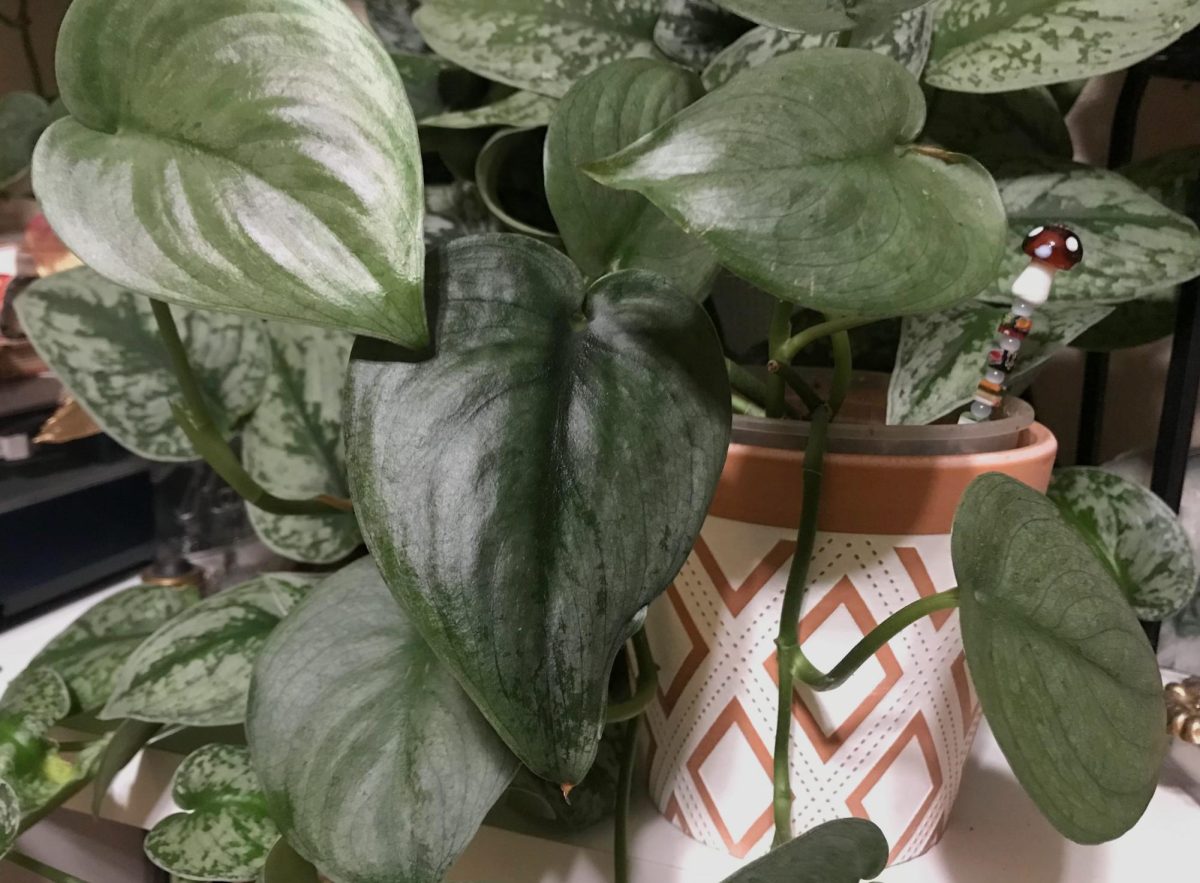Like many other adolescents, I was taught in my early years that drugs were bad. School programs taught us an easy understanding of good versus bad: If it’s legal it’s good, and if it’s illegal it’s bad. The rules were simple. Stay in sync with the law and you would be OK.
I always supported that claim and saw that legal versus illegal actions and consequences were for the greater good of ourselves and the public. I firmly believed in this ideology until I reached my young adult years.
Now that I’ve reached a greater maturity and been subject to a wider variety of people and experiences, I have found a flaw in the claim when it comes to drugs. According to a Drug War overview in 2014, 50 percent of inmates in United States federal prisons were serving time for drug offenses. Each year that number continues to increase.
We were always taught, “If you play, you pay.” This meant that people found using or having drugs would be sent to jail to pay for their consequences. Well now I believe that too many inmates are “paying” for their consequences the wrong way.
With half of our prisons holding drug offenders, the rate of overcrowding continues to increase. This in turn is making less room for violent crime offenders of kidnapping or murder. Aside from that, the number of people being incarcerated continues to rise each year, meaning that people are not truly learning or afraid of the jail time consequence.
I think that people found using or possessing illegal drugs should not go to jail. I don’t think that jail is solving the problem. The problem for many offenders is deeper and they should be forced with an alternative.
People found guilty of drug crimes should have to go to a rehabilitation center. Here they would be forced to still serve time away from the public, however they would be working to better themselves. They would learn the risks associated with drug use or possession as well as work on getting clean and finding new hobbies.
An alternative to jail time would provide drug offenders with a second chance. Hopefully they would learn and choose to not make the same mistake after their time had been completed.
This alternative would be beneficial for not just drug offenders but for many other people as well. Jails would face less overcrowding; there would be less crime, trade or disease in prisons; less money spent annually on incarcerations and hopefully a safer public. Families and friends of the offenders would benefit as well. Chances are they don’t want to see their loved one in jail; they want to see them change.
As the number of drug offenders continues to increase, it’s time to make a change. We don’t need bigger jails. We need to solve a bigger problem. By putting some effort in to care for the offender, I believe the public will get a lot back in return.
Julie Ramos can be reached at [email protected] or @julie_ramoss on Twitter.

